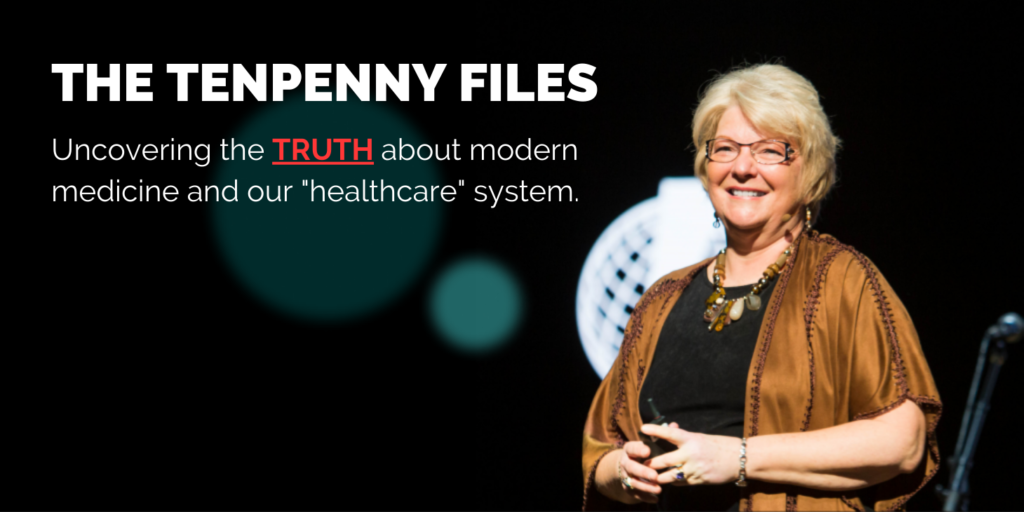08-09-21 Deep Dive PREMIUM – with Jamie Walden
Podcast: Play in new window | Download (Duration: 54:00 — 36.7MB) | Embed
Meet Jamie Walden, of Omega Dynamics. Imbued with matchless passion for all things “adventurous” and “fun”, Jamie’s teen years were filled with significant tumult (injuries, arrests, and choices of near life-long consequence). However, amid the rebellion and ruckus, Jamie continually endeavored to one day earn the title, “U.S. Marine”. After being nominated to attend the National Youth Leadership Forum on Defense, Intelligence, and Diplomacy in Washington, D.C., where he subsequently secured a nomination to the US Naval Academy, Jamie made the determination to simply enlist in the Marine Corps Infantry and achieve his childhood dream.
After leaving the Marines Corps, Jamie obtained a double major B.S. in Law Enforcement and History. Pursuing a career in Federal Law Enforcement, Jamie was selected as an Intern for the United States Marshals Service, and subsequent recruitment to a “Three Letter” agency. It was then, when Jamie received “the call”, that the Lord began testing and affirming the genuineness of his faith.
After again returning to Iraq in 2014 to serve the Christians suffering under the savage campaign of ISIS, Jamie and his wife Virginia were compelled to surrender their paradigm and follow the Lord into full-time ministry.
“The Mission of Omega Dynamics is this: to teach, train and equip “Those with ears to hear” to stand anew in their rightful place as more than conquerors in a kingdom that cannot be shaken…this generation is literally, eternally dying for us to”


